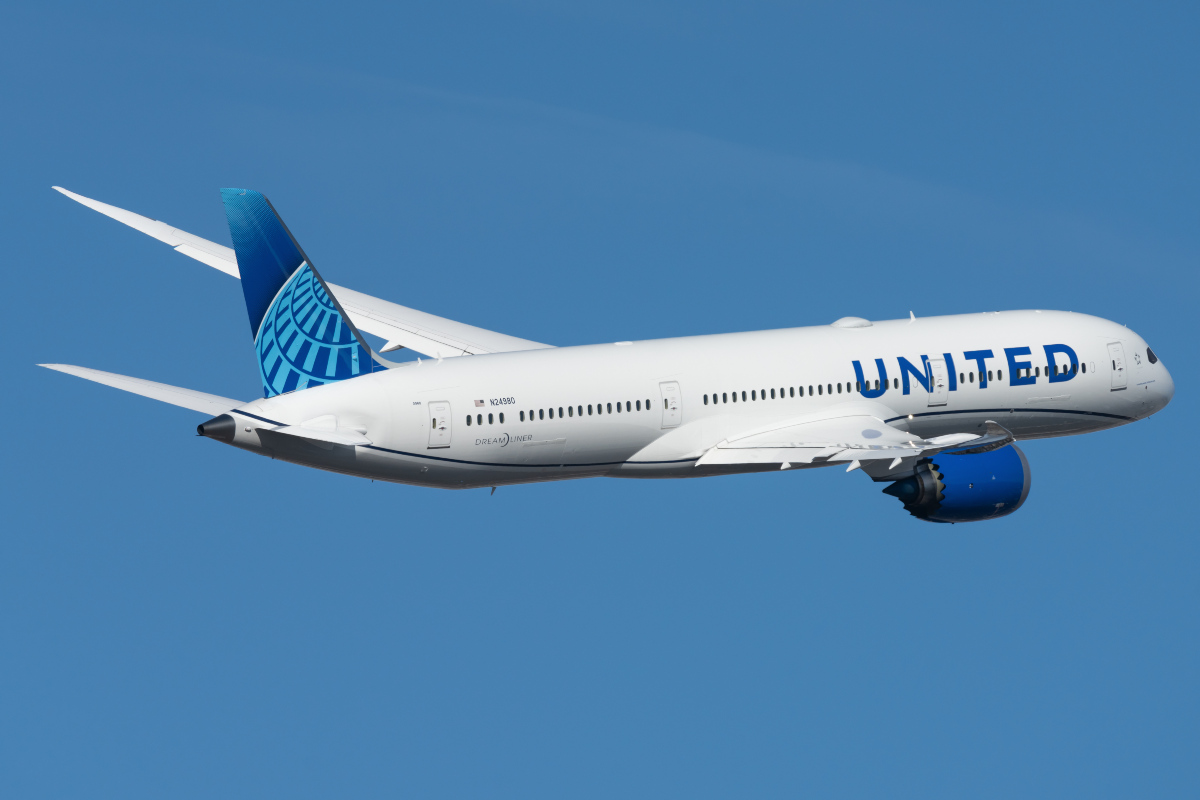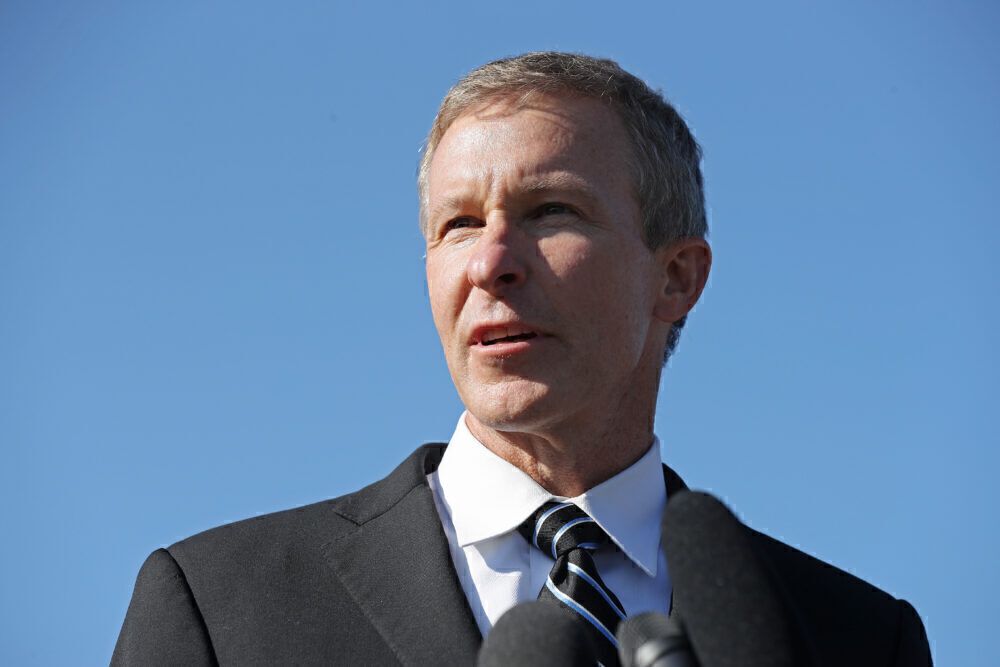The Omicron variant is dampening demand on key international flight routes, including the all-important transatlantic corridor. Once again, countries are imposing travel restrictions, including the United States, where inbound international travelers, including US citizens, will now need proof of a negative COVID test taken within 24 hours of departure.
That's having flow-through effects on the airlines. One CEO who has been out and about this week talking about the impact of Omicron is United's Scott Kirby.
"My guess is we’ll have less flying to Europe than we would have in January,” Mr Kirby told The Financial Times. "My guess is that it will have a short-term impact, but the long-term forecast is not any different than it was before."
It was a message United's CEO pitched to various media outlets in Washington DC after the airline flew in a jet from Chicago half-powered by sustainable aviation fuel.
"It's too early to tell, but Omicron is almost certainly going to have a near term impact on bookings," he told CNBC. "Nothing changes about where we expect to be in 12 months, but I do expect a near term dip in revenue."
Stay informed: Sign up for our daily and weekly aviation news digests.
United is keeping its international schedules intact - so far
United flies to multiple European destinations. Across the board, transatlantic travel usually represents around one-fifth of total annual revenues for US airlines. While Kirby expects some short-term Omicron-induced hiccups, he doesn't think the new variant will have the long-term impact previous variants did, including Delta.
After a torrid twenty months across United's international network, any short-term dampening in demand and revenue doesn't seem to cause Scott Kirby much stress. While the airline says it can adjust schedules as required, United hasn't cut any international flights yet.
That includes flights into Omicron hotspots in Africa. Thrice weekly flights between Washington DC and Lagos have only just begun, but United says it will stay the course there. Nigeria detected its first Omicron cases this week.
Longer standing services to Johannesburg and Accra will also stay in the schedules. United also commenced flying between Newark and Cape Town this week. United is expanding rather than winding back its flights to Africa, and that is solid evidence Scott Kirby believes any Omicron fuelled decline in demand will only be temporary.
“We’ve always known there would be other variants. We’ve always known that it wasn’t going to be a straight line to recovery,” he said.
Changes in the United States also impacted international demand
It's not just what's happening elsewhere that's impacting demand, the decision in the US to ban entry for foreign nationals from a total of eight countries, including South Africa, and a new requirement for all inbound passengers, including fully vaccinated passengers, to be tested within 24 hours of departure, is causing some concern and confusion. In addition, the mask mandate is to be extended until March 18, 2022.
At the time of writing, three US states have found Omicron cases - California, Colorado and Minnesota.
But the United States is still accepting flights from hotspot countries. Several countries have banned flights entirely from Omicron hotspots, and a handful of countries, including Israel and Japan, have temporarily closed their borders to all but citizens and permanent residents. In contrast, things are still relatively free and easy in the US, and that's giving airlines like United some leeway to navigate the challenges the Omicron variant poses.


